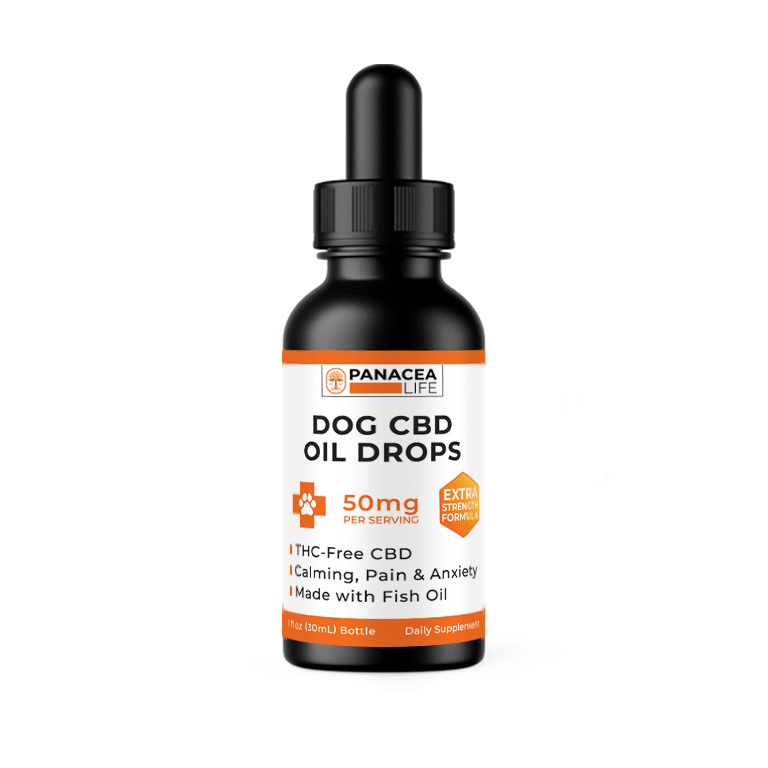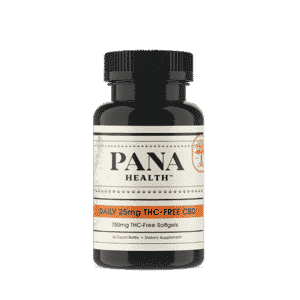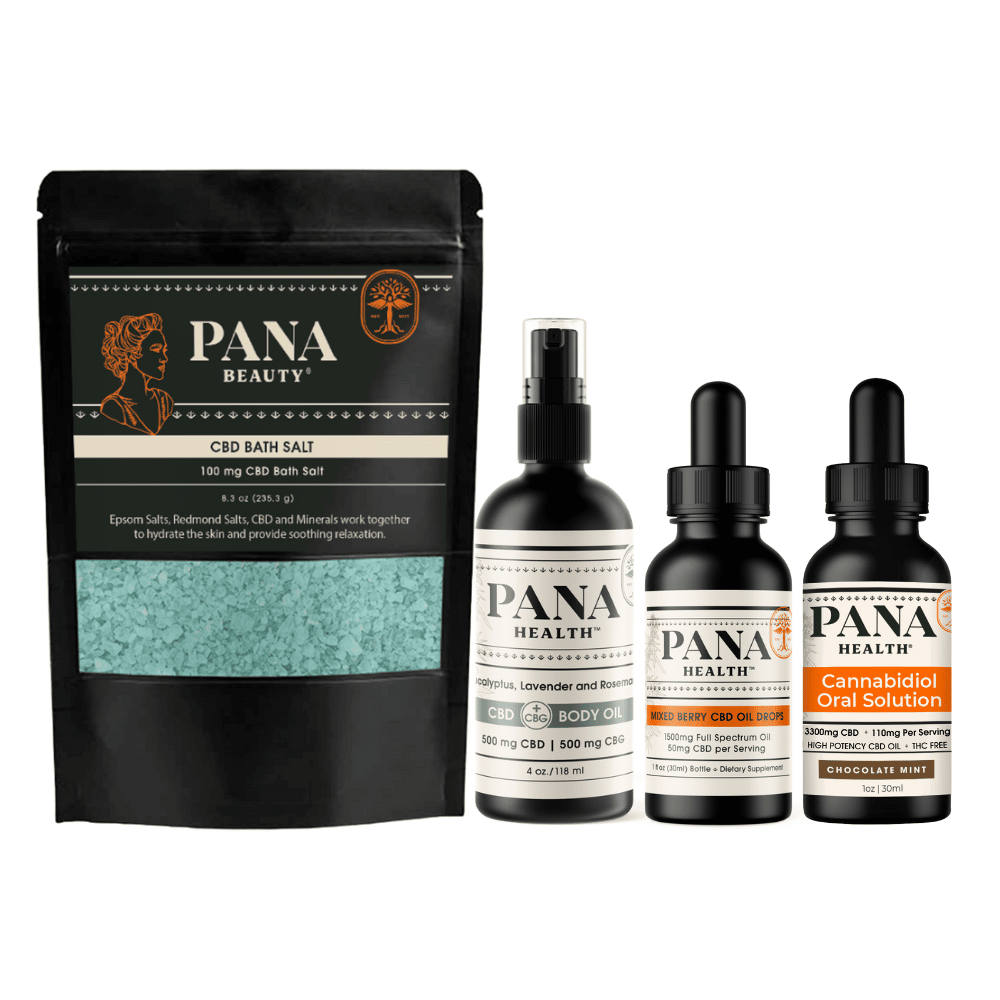There are so many new trends regarding health that come and go. And perhaps you thought cannabidiol (CBD) would be one of them. Think again! CBD is still up and coming and we think here to stay. Why so? CBD has been around for a very long time and is just beginning to be researched more and more. There are also several ways to use CBD, among other hemp plant products. One of these ways surrounds your favorite family pet, man’s best friend or if you prefer, the dog.
CBD for dogs? Isn’t that dangerous? If used properly, CBD may be quite beneficial for your pet. In what ways you may ask? We will answer all of these questions in the next few paragraphs. But, first, let’s get back to the beginning. What is CBD?
What is CBD? Where does it come from?
To understand what CBD is, you must also understand what it is and where it comes from. CBD is one of the 113 cannabinoids found in the Cannabis sativa plant. There are, however, different variations of the Cannabis sativa plant: One is the Cannabis sativa L. plant, also called industrial hemp, which has very high amounts of CBD and 0.3% or lower amounts of Tetrahydrocannabinol (THC). Other Cannabis sativa plants have higher concentrations of THC and are categorized as marijuana.

THC is likely a term our readers have heard before. THC is another cannabinoid found in the Cannabis sativa plant. This cannabinoid, however, gives psychoactive effects or a ‘high’ when used. That is the major difference between the two cannabinoids. CBD does not give the psychoactive effects, but THC does. This is why CBD is legal in all 50 states whereas THC is only legal in a handful of states. The 2018 Farm Bill gave farmers across the country the ability to grow and sell hemp products. This, again, is because of the low amounts of THC the hemp plant contains. The 0.3% does not have the ability to get users high. CBD has been described to give many different health and wellness benefits. It is also naturally occurring and quite popular for that reason.
CBD + dogs: The effects
So, what effect does CBD have on dogs? Like we have stated before, there is still research that needs to be done surrounding CBD in general. However, there have been a handful of studies that can assist us in understanding the effects of CBD on dogs.
We here at Panacea Life Sciences have conducted our own research geared toward this specific topic. In this study we asked pet owners of dogs with age-related movement issues to give them CBD to see if there would be any improvements to their ability to run, get up from a sitting position, or climb stairs. We all experience aches and pains with age, or when over-exercising. The same is true in dogs. We asked these pet owners to give their dogs CBD twice a day for four weeks consecutively. In general, one milligram of CBD was administered for each 5 kilograms of body weight to ensure the animal was getting the proper amount for its size (an important aspect when giving animals CBD). The owners took an online weekly assessment and before and after videos were taken of dogs doing certain movements. After the four weeks, we found that all of the measures we had taken had significantly improved. The dogs in the study had increased mobility and because of this we can understand that CBD supports joint health leading to an increased quality of life in animals with age-related or other movement issues.
Another study we have done is not about dogs, but, in horses. While this study is not geared toward dogs it can still be helpful when expanding our knowledge of CBD effects for pets and animals in general. These horses were given 50 milligrams of CBD, regardless of body weight, two times a day for two weeks. These horses were selected to participate in the study as they either had visible movement issues or exhibited signs of anxiety. At the end of the two weeks the results indicated that CBD was helpful for the horses who had gait issues and not all, but some of the horses had less feelings of anxiousness. Panacea plans on exploring equine anxiety more thoroughly in a directed study in the near future.
Now, what do we do with this information? Each animal is unique, so it is important to ask your veterinarian before administering CBD to your dog or other type of pet. We always say that starting off with the lowest amount of CBD is the best way to begin. Start small and slowly increase until the desired effects are observed. It is also important to note that THC can be toxic to animals, so the CBD product you choose should be THC free. What CBD products do we have for your furry friends? Read on to find out more.
Types of CBD for dogs
So, now that we understand what CBD may be able to do for your pet. What products are available? Here is a list of what we have here at Panacea Life Sciences:
- Canine CBD soft gels: These soft gels are full of 5mg of THC free CBD as well as fish oil for a range of health benefits. These soft gels are shaped like a fish with an easy twist off end for easy administration into the jowl. Or you can add these to your dog’s food. These come in a variety of strengths tailored to your pet’s body weight.
- Canine CBD tincture: Our CBD tincture comes in a variety of different milligrams of CBD for different sizes of dogs. This is also a THC free product that can be diluted in water, added to food, or administered directly to the mouth.
- Feline CBD relief creme: This product is massaged into the skin on the inside of a feline’s ears to assist with feelings of anxiousness, discomfort, and/or inflammation. Like the rest of Panacea Pana Pet products, this is also THC free.
- Equine CBD tablets: These are specially formulated for horses. These contain 50mg of THC free CBD. Tablets dissolve in the mouth and are easy to administer. Each bottle contains 30 tablets. A monthly subscription is available as well.
Your furry friend and CBD
It is always scary to try something new for your pet, but hopefully, this article has assisted you in understanding what CBD can do for your dog. As always, feel free to contact us with any questions or concerns at [email protected]

















